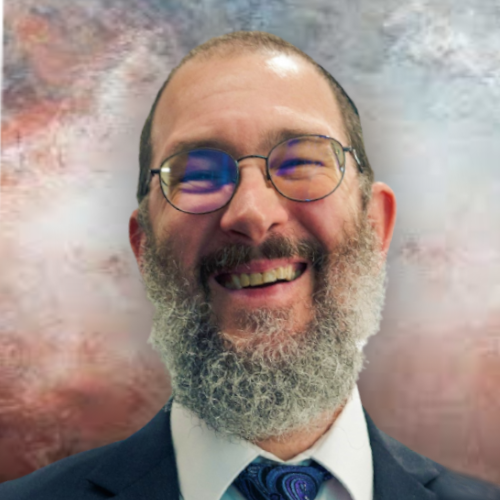
A smile spreads over your face as you discover Saturday night leftovers hiding in the fridge behind the mayonnaise jar. A moment later, your smile fades. What's left of the weekend roast doesn't look nearly as appetizing as it did when it appeared on your plate a few days earlier. A thick white layer of congealed fat coats the brisket like toxic waste. Suddenly, you're not as hungry as you thought you were.
But if you were a British navy crewman 200 years ago, your smile would grow even wider. Why? Because of the barrel in your ship's galley into which the cook deposits greasy residue from countless courses, skimmed off and saved before the boiled meat comes to the table. It even has a name: slush.
This was valuable stuff. Before the days of Pennzoil or WD-40, sailors used slush to lubricate nautical masts and spars, protecting them against the corrosive effect of sea water. Even more precious was leftover slush, sold at a premium by the ship's purser to candlemakers once the ship returned to port. The proceeds bought luxuries like books or musical instruments for the enlisted men, who had few other diversions at sea.
Over time, additional monies were raised for discretionary spending by selling worn-out equipment and the personal effects left behind by deserters. Eventually, army camps and garrisons adopted the custom. The name used to describe such funding is the current entry into the Ethical Lexicon:
Slush fund | noun
An unregulated store of money often used for off-the-books acquisitions/ A political or corporate account accumulated from shady or untraceable contributions, often for illicit or illegal purposes.
Aside from odor, texture and appearance, there was nothing unsavory about the original slush fund. From a moral perspective, we might even admire the practice as a kind of ethically sourced commodity or the forerunner of renewable energy. How ironic that reclaiming waste and turning it into a valuable asset would ultimately lend its name to graft and underhanded business dealings.
Indeed, the odious element of being less-than-above-board has implanted itself into the language of ethics. When you can't quite identify what's off, you say that it doesn't smell right, that something stinks or that you smell a rat. Even when the line between right and wrong remains uncrossed, flirting with the boundaries of illegality or immorality produces a whiff of impropriety that warns of rising toxicity, like the proverbial canary in the coal mine.
The problem with slush funds isn't that the money is unregulated. It's that unregulated money makes it all too easy to start blurring the lines between what's ethical and unethical, which inevitably leads to transgressing the lines of legality. Major acts of fraud and embezzlement typically begin as minor moral indiscretions. There may be nothing more perilous than breaking a trivial rule and getting away with it; the next rule you break will likely be a more serious one.
The sages teach that the first time one commits an offense is sinful, the second time is lawful, and the third time is an act of virtue. Each time we violate the boundaries of legal or ethical conduct, the more permeable those boundaries become.
The solution is not increased regulation. Why not? Because for every new rule put in place, twice as many loopholes appear to circumvent that rule. That's why compliance is often the enemy of ethics. When we define moral conduct as observing regulations and checking boxes, we immediately stop making moral judgments and start floundering in the sea of ethical slush.
An ethical culture is one in which we hold ourselves accountable for our choices because we know that if we don't, those around us will. By living the values to which we give lip service, we become less tempted to cross ethical lines. And once that happens, slush funds become like they were in the days of old: a legitimate resource, enhancing rather than subverting our collective integrity.
Previously:
• Why Sometimes NOT Seeing Is MORE Believing
• A Healthy Diet for the Brain Promotes Ethical Clarity for the Mind
(COMMENT, BELOW)
Rabbi Yonason Goldson graduated from the University of California at Davis with a degree in English, which he put to good use by setting off hitchhiking cross-country and backpacking across Europe. He eventually arrived in Israel where he connected with his Jewish roots and spent the next nine years studying Torah, completing his rabbinic training as part of Ohr Somayach's first ordination program. After teaching yeshiva high school for 23 years in Budapest, Hungary, Atlanta, Georgia, and St. Louis, Missouri, Rabbi Goldson established himself as a professional speaker and advisor, working with business leaders to create a company culture built on ethics and trust. He has published seven books and given two TEDx Talks, is an award-winning host of two podcasts, and writes a weekly column for Fast Company Magazine. He also serves as scholar-in-residence for congregations around the country.


 Contact The Editor
Contact The Editor
 Articles By This Author
Articles By This Author